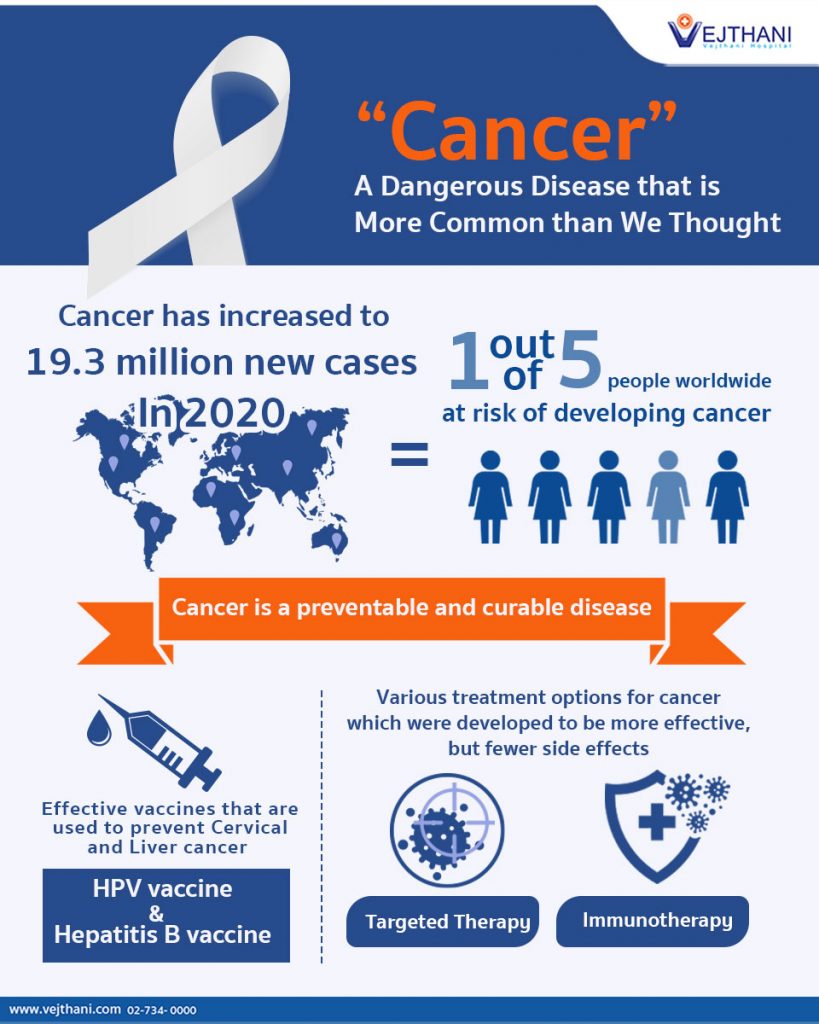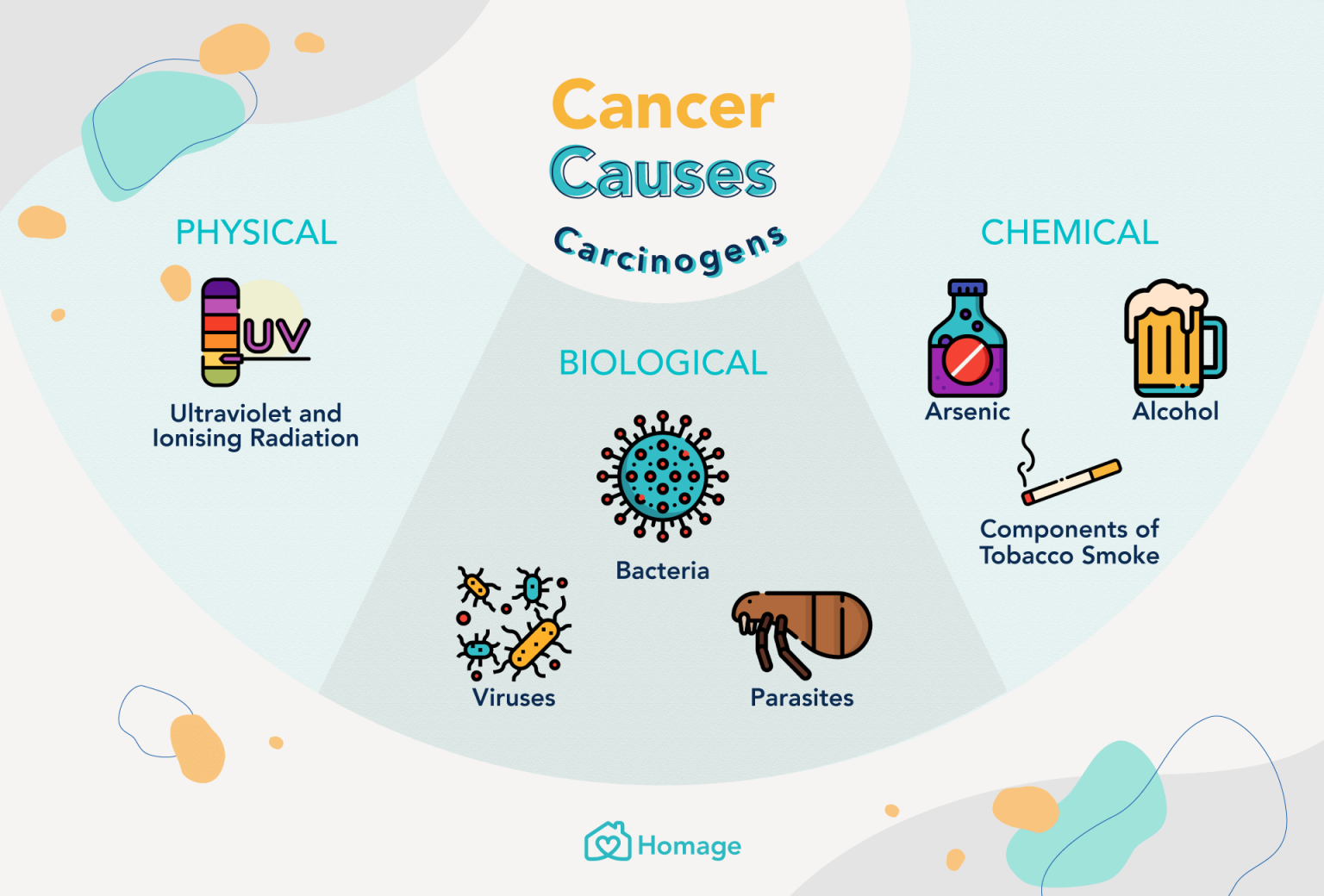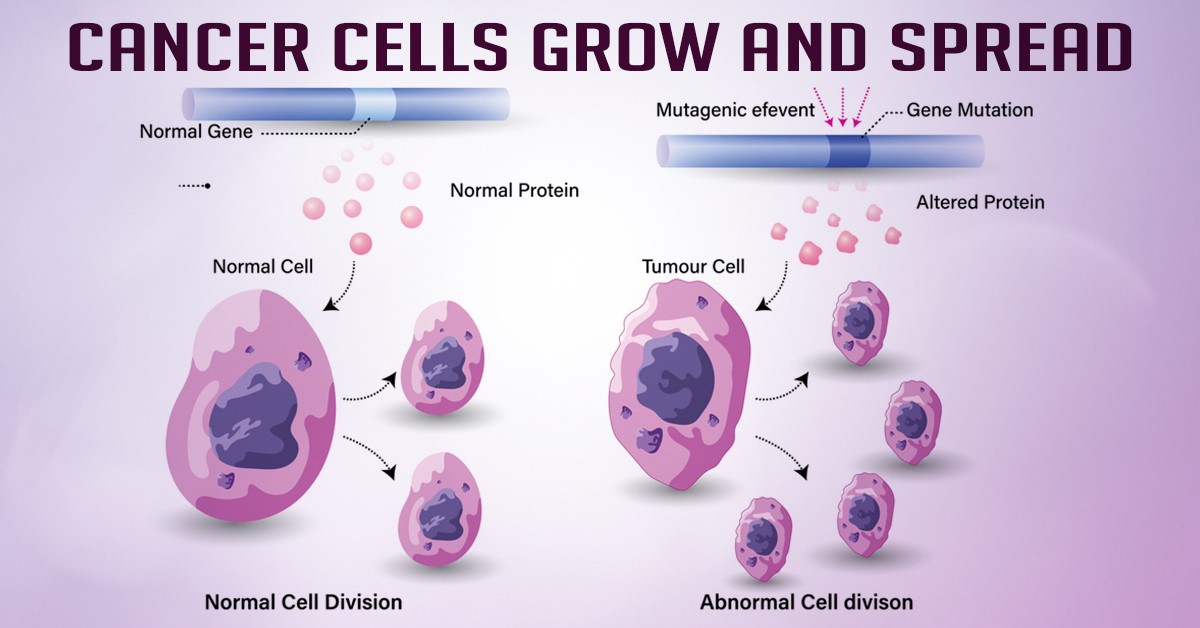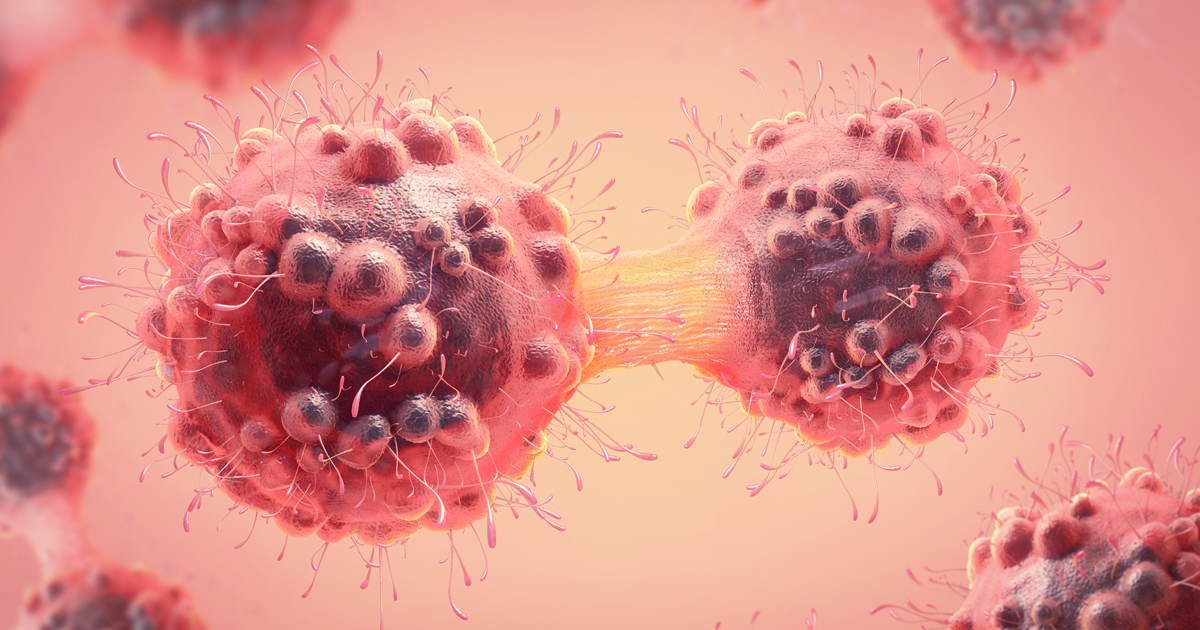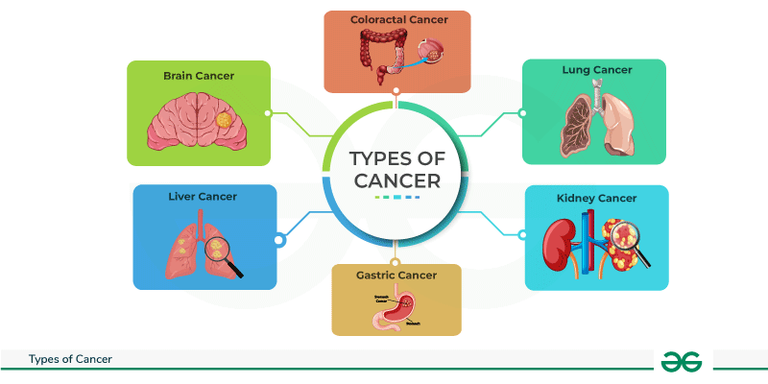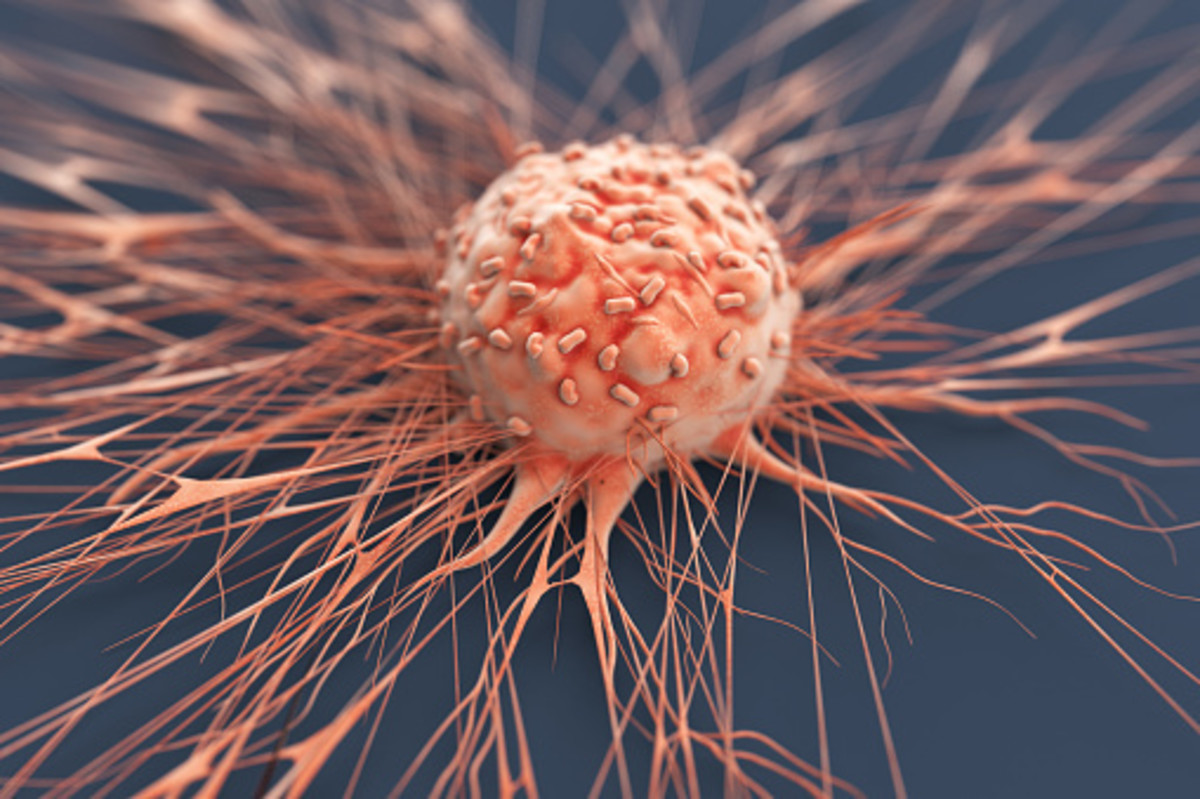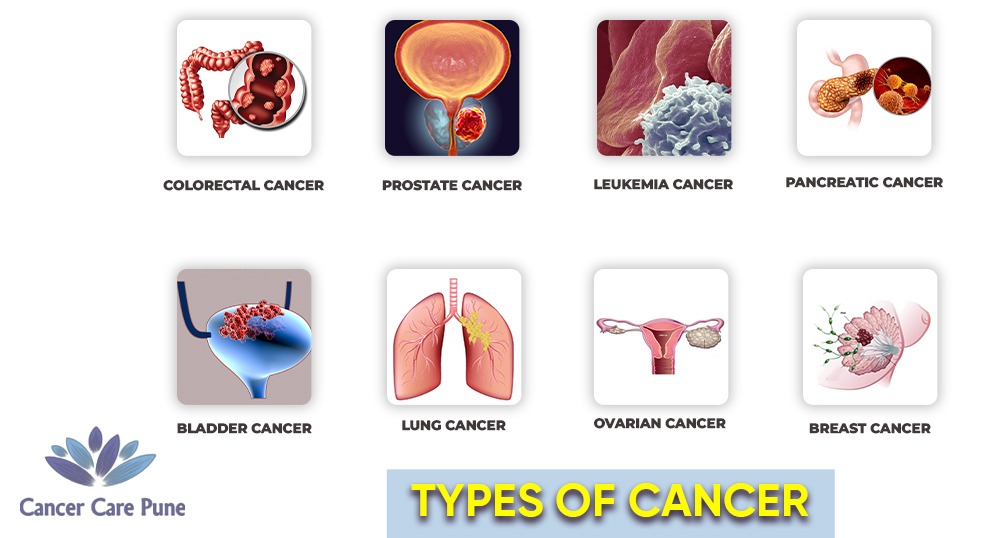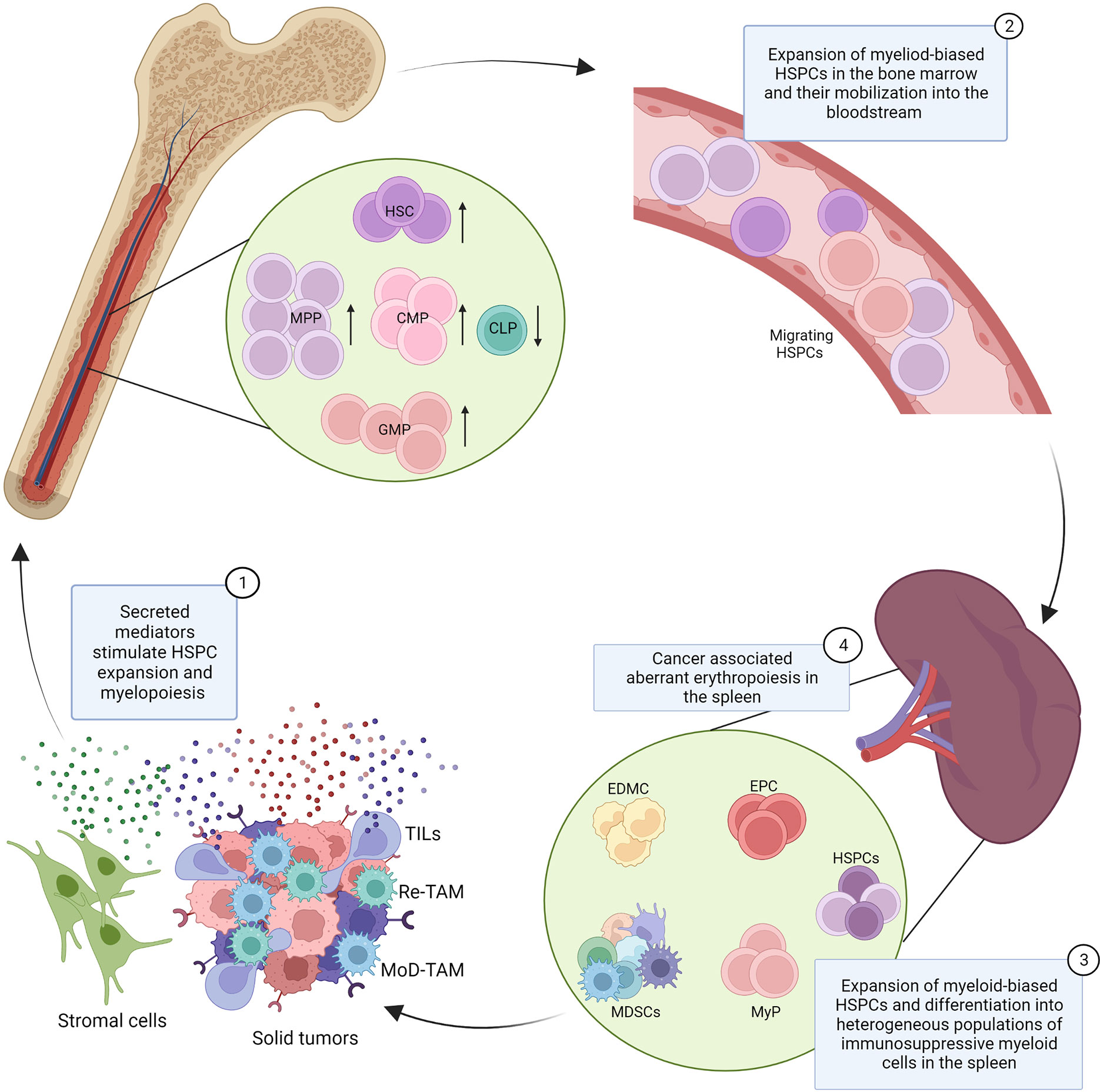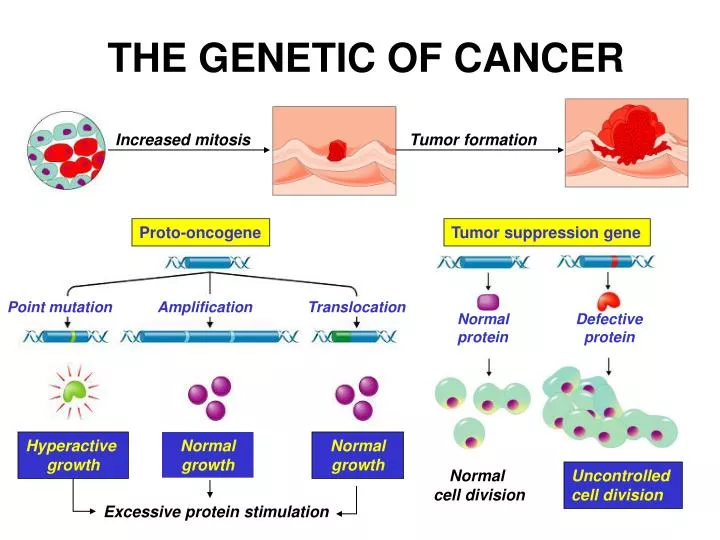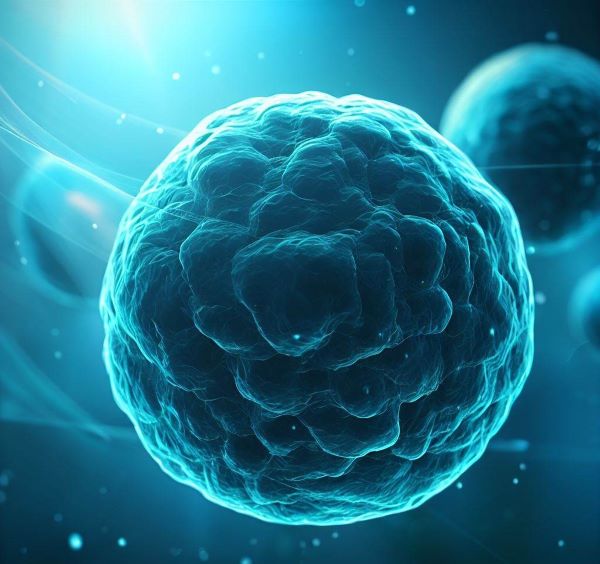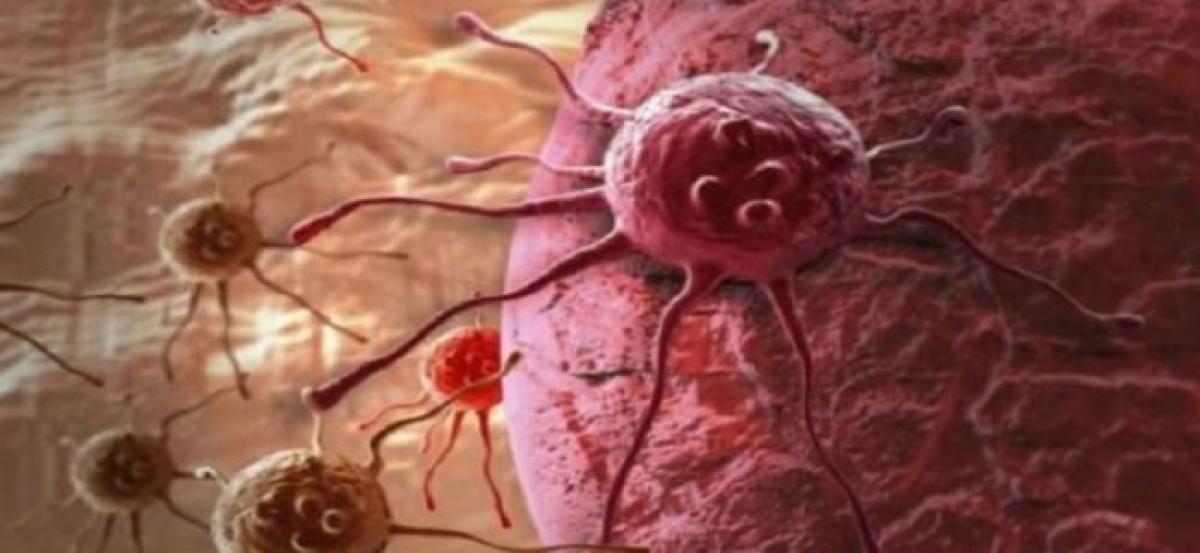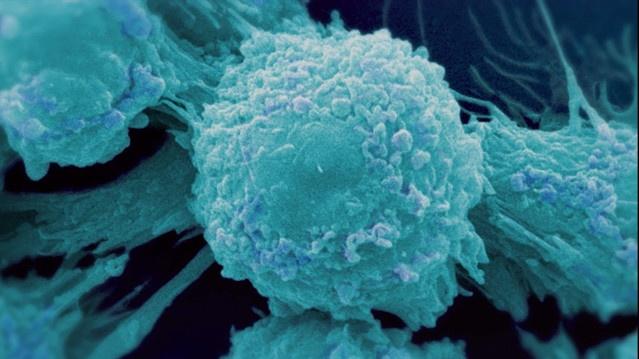Why Is Cancer Such A Difficult Disease To Study
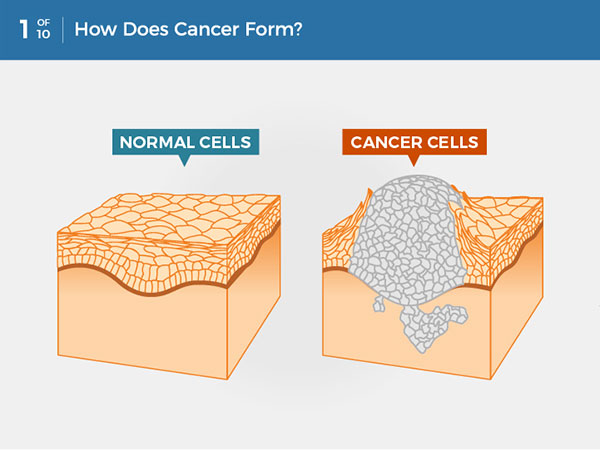
Cancer. The very word evokes fear, a stark reminder of its relentless grip on humanity. Despite decades of intensive research and billions of dollars invested, a definitive cure remains elusive. Why does this disease, in its myriad forms, continue to baffle scientists and doctors, proving so stubbornly resistant to comprehensive understanding and effective treatment?
The complexity of cancer research stems from a confluence of factors: the disease's inherent heterogeneity, its dynamic evolutionary nature, the limitations of current research models, and the ethical considerations surrounding human experimentation. Understanding these interwoven challenges is crucial for appreciating the long and arduous road towards conquering this formidable foe. This article delves into these complexities, exploring why cancer remains one of the most challenging diseases to study.
The Heterogeneity of Cancer: No Two Tumors Are Exactly Alike
One of the primary hurdles in cancer research is the sheer diversity of the disease. Cancer isn't a single entity but rather a collection of over 200 distinct diseases, each with its own unique characteristics, genetic mutations, and responses to treatment.
Even within the same type of cancer, such as breast cancer, significant variations exist between patients. This inter-patient heterogeneity makes it incredibly difficult to develop universal therapies that are effective for everyone.
Adding to this complexity is intra-tumoral heterogeneity, where different regions within the same tumor exhibit distinct genetic and cellular profiles. This means that a single biopsy may not accurately represent the entire tumor, leading to inaccurate diagnoses and ineffective treatment strategies.
Cancer's Evolutionary Dance: Constant Adaptation and Resistance
Cancer cells are not static; they are constantly evolving and adapting to their environment. This evolutionary process allows them to develop resistance to therapies, making treatment increasingly challenging over time.
As cancer cells proliferate, they accumulate mutations that can alter their sensitivity to drugs. Natural selection favors those cells that can survive and reproduce in the presence of treatment, leading to the emergence of drug-resistant populations.
This constant adaptation requires researchers to develop new strategies that can target cancer cells at different stages of their evolution. Furthermore, understanding the mechanisms driving resistance is crucial for designing more effective and durable therapies.
Limitations of Research Models: Bridging the Gap Between Lab and Clinic
Much of our understanding of cancer comes from research conducted in laboratory settings, using cell lines and animal models. While these models have provided valuable insights into the disease, they often fail to accurately replicate the complexity of human cancer.
Cell lines, for example, are often derived from a single source and may not represent the diversity of cancer cells found in patients. Animal models, while more complex, can also differ significantly from humans in terms of their physiology and immune system.
This disconnect between preclinical research and clinical outcomes highlights the need for more sophisticated and representative models. Researchers are increasingly turning to patient-derived xenografts (PDXs) and organoids, which are grown from patient tumor tissue, to better mimic the human disease.
Ethical Considerations in Human Cancer Research
Studying cancer in humans raises numerous ethical considerations. Clinical trials, which are essential for evaluating new therapies, involve exposing patients to potential risks and side effects.
Balancing the potential benefits of treatment with the potential harms is a crucial ethical challenge. Obtaining informed consent from patients is paramount, ensuring they understand the risks and benefits of participating in research.
Furthermore, equitable access to clinical trials is essential to ensure that all patients, regardless of their socioeconomic background or ethnicity, have the opportunity to benefit from cutting-edge research. Addressing these ethical complexities is crucial for advancing cancer research in a responsible and ethical manner.
The Tumor Microenvironment: A Complex Ecosystem
Cancer cells don't exist in isolation; they interact with a complex ecosystem of surrounding cells and molecules known as the tumor microenvironment. This microenvironment includes blood vessels, immune cells, fibroblasts, and the extracellular matrix, all of which can influence tumor growth, progression, and response to therapy.
Immune cells, for instance, can either promote or suppress tumor growth, depending on the specific type of immune cell and the signals it receives. Understanding the intricate interactions within the tumor microenvironment is crucial for developing therapies that can target the entire tumor ecosystem, rather than just the cancer cells themselves.
Researchers are increasingly focusing on strategies to modulate the tumor microenvironment, such as immunotherapy, which aims to harness the power of the immune system to fight cancer.
The Role of Technology and Big Data
Advances in technology, such as genomics, proteomics, and imaging, are generating vast amounts of data about cancer. Analyzing this big data requires sophisticated computational tools and expertise.
Bioinformatics and machine learning are playing an increasingly important role in identifying patterns and predicting treatment responses. These technologies can help researchers to personalize cancer treatment based on the individual characteristics of each patient and their tumor.
However, effectively harnessing the power of big data requires collaboration between researchers from different disciplines, including biologists, clinicians, computer scientists, and statisticians.
Looking Ahead: The Future of Cancer Research
Despite the challenges, significant progress has been made in cancer research over the past several decades. Survival rates for many types of cancer have improved, and new therapies are constantly being developed.
The future of cancer research lies in a more personalized and targeted approach. By understanding the unique characteristics of each patient's cancer, researchers can develop therapies that are tailored to their specific needs.
Immunotherapy, gene editing, and early detection technologies hold great promise for improving cancer outcomes. While a complete cure for cancer may still be distant, the relentless pursuit of knowledge and innovation offers hope for a future where cancer is a manageable, rather than a life-threatening, disease.
